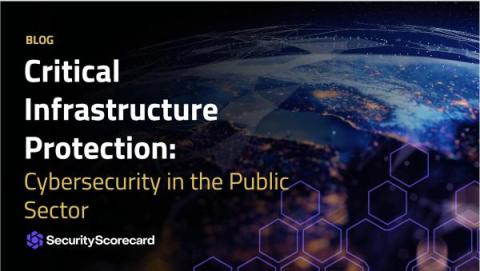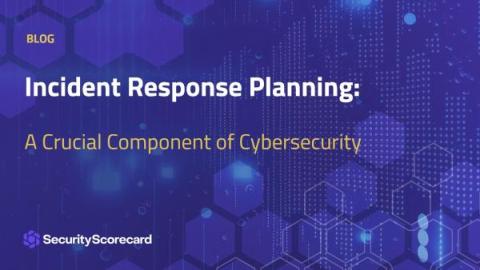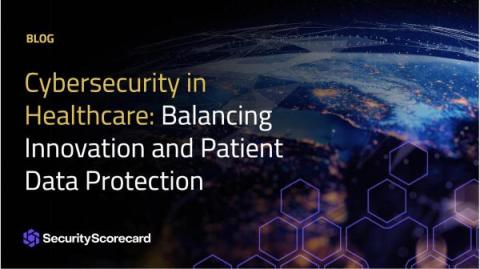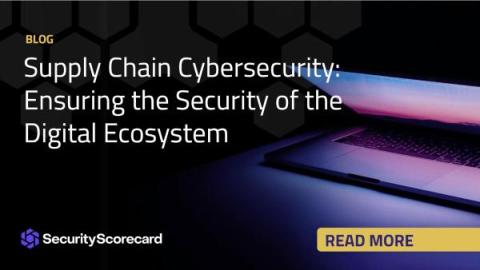Security | Threat Detection | Cyberattacks | DevSecOps | Compliance
Latest News
Hackers Breach North Carolina's RHCC; Over 60,000 Patients Suffer Data Loss
Robeson Health Care Corporation (RHCC) is a healthcare network serving North Carolina residents. They offer behavioral, dental, general, and outreach services in nine locations across six counties. RHCC also hosts several rehabilitation and health programs aimed at improving and encouraging healthy lifestyles. In February, RHCC experienced malware within its network, resulting in the loss of 60k patient records.
The Evolution of Cybersecurity Education and Training Programs
The significance of cybersecurity has never been more pronounced. As cyber threats evolve and become more sophisticated, the need for robust cybersecurity education and training programs has become paramount. Let’s explore the evolution of cybersecurity education and training, highlighting the growing importance of these programs in developing a skilled workforce capable of protecting against cyber threats.
Mobile Security in the Age of Smartphones: Tips for Users and Developers
Smartphones have become ubiquitous with today’s digital world, serving as a central hub for personal and professional activities. This widespread use has escalated the importance of mobile security, making it a critical concern for both users and developers. As cyber threats evolve, so does the need for robust mobile security measures.
Critical Infrastructure Protection: Cybersecurity in the Public Sector
Protecting critical infrastructure has become an indispensable aspect of national security and public welfare. Critical infrastructure, encompassing essential systems such as power grids, transportation networks, water supply systems, and communication channels, forms the backbone of a nation’s economy, security, and health.
GDPR and Beyond: Data Privacy Regulations in a Global Context
Data privacy has emerged as a paramount concern, transcending borders and industries. The introduction of the General Data Protection Regulation (GDPR) by the European Union marked a significant milestone in the global data privacy landscape. However, the conversation around data privacy extends far beyond GDPR, encompassing various regulations worldwide.
Incident Response Planning: A Crucial Component of Cybersecurity
In today’s rapidly evolving digital landscape, incident response planning has emerged as a pivotal aspect of cybersecurity. With the increasing frequency and severity of cybersecurity breaches, organizations are recognizing the importance of being well-prepared and responsive in the face of such threats. Let’s look at the critical role of incident response planning and how it can safeguard your business from rising cyber insurance premiums, reduced coverage, and other potential risks.
Cybersecurity in Healthcare: Balancing Innovation and Patient Data Protection
The healthcare sector stands at a crossroads where innovation and technology are drastically reshaping patient care, yet simultaneously, it faces the increasing challenge of protecting sensitive patient data. As healthcare organizations adopt advanced technologies like electronic health records (EHRs), telemedicine, and AI-driven diagnostics, the need for robust cybersecurity measures becomes paramount.
Supply Chain Cybersecurity: Ensuring the Security of the Digital Ecosystem
The digital ecosystem is an intricate web of interconnected technologies and processes. Within this network, supply chain cybersecurity has emerged as a critical component to safeguard against the growing threat landscape. As supply chains become increasingly digital, they also become more vulnerable to cyber attacks that can disrupt operations and compromise sensitive data.
Detect Fakes and Prevent Misuse: Digital Content Integrity, Authenticity & Transparency
As supply chains continue to evolve and new Al technology becomes part of every business, traditional trust systems that rely on human interactions to verify and validate data will struggle to keep pace. Digital supply chain practices from media through software to physical goods must adapt to this changing global technology landscape. The innovations unleashed in GenAI have made it apparent that we can no longer trust what we see and read; we must verify data before we use it.











